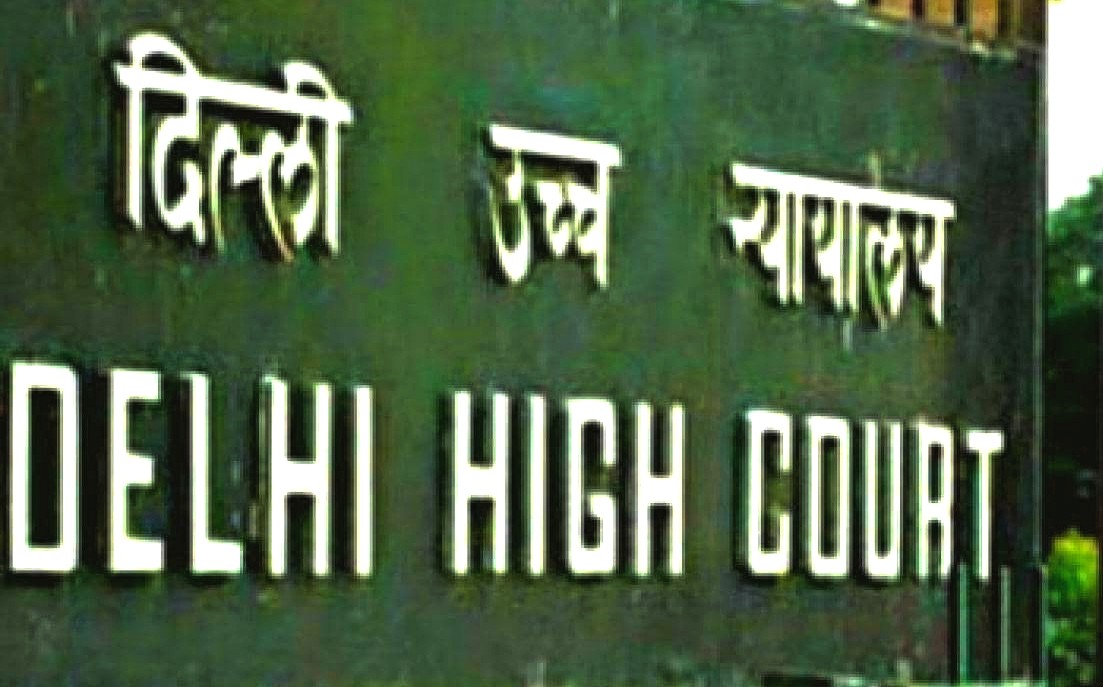Top Court sets aside orders granting bail to 2 men in case of broad daylight murder; Directs trial to be concluded within a year
Justices Sanjay Karol & Satish Chandra Sharma [19-04-2024]

Read Order: RAMAYAN SINGH v. THE STATE OF UTTAR PRADESH & ANR [SC- CRIMINAL APPEAL NO(S). 2168 OF 2024]
Tulip Kanth
New Delhi, April 22, 2024:While observing that the accused persons were involved in a broad day-light murder which led to the closure of a market for 10 days due to their overwhelming influence in the area, the Supreme Court has allowed the appeals challenging their bail orders.
In this case, First Information Report (FIR) was lodged by the Appellant i.e., the Original Complainant, stating that on 02.01.2022, when the Appellant along with his uncle i.e., Jitendra Singh (the Deceased) and his driver i.e., Rahul were returning from Bankati Bazar when their vehicle was stopped by the accused person(s) including Respondent No. 2 and Punit Pal. The accused persons verbally abused the Deceased and proceeded to shatter the windows of the vehicle with iron rods. Subsequently they dragged the Deceased out of the vehicle – and physically assaulted the Deceased with iron rods, hockey sticks and bats with an intention to kill him.
It was also alleged that although the Appellant and Rahul i.e., the Driver attempted to intervene, they were injured by the accused persons. The accused persons snatched the mobile phones of the Deceased and the driver; as well as a gold chain belonging to the Deceased and ran away from the spot of the incident. The Deceased was initially rushed to the Primary Health Centre, Bankati, however, due to the serious nature of the injuries he was referred to the District Hospital, Basti and thereafter to Sahara Hospital in Lucknow where he eventually succumbed to his injuries.
Respondent No. 2 came to be apprehended and the murder weapon was also recovered at his instance. Later on Punit Pal also came to be apprehended. A chargesheet came to be filed in relation to the FIR under Section(s) 147, 148, 149, 323, 504, 506, 427, 394, 411, 302 and 120B of the Indian Penal Code, 1872 (IPC) read with Section 7 of the Criminal Law Amendment Act, 2013 (the Act). The Appellant herein i.e., the Original Complainant filedthe appeals before the Top Court assailing the correctness of the orders passed by the High Court enlarging Respondent No. 2 and Punit Pal on bail.
Referring to Neeru Yadav v. State of U.P., the Division Bench of Justice Sanjay Karol and Justice Satish Chandra Sharma observed, “It is well settled that the grant of bail involves the exercise of a discretionary power which ought not to be used arbitrarily, capriciously; and injudiciously.”
On the facts of the case, the Bench noted that Respondent No. 2 and Punit Pal had been charged under Section(s) 147, 148, 149, 323, 504, 506, 427, 394, 411, 302 and 120B IPC on the basis of the materials on record including but not limited to the post-mortem report and statements of witnesses.
Furthermore, on 2 occasions there had been allegations levelled against Respondent No. 2 and Punit Pal alleging that the accused persons had attempted to intimidate the Appellant i.e., the Original Complainant and another identified witnesses in an effort to de-rail the trial in the present case.
“Accordingly, in our considered opinion, the High Court ought not to have granted Respondent No. 2; and Punit Pal bail in relation to the proceedings emanating from the FIR on account of (i) the seriousness of the crime; (ii) the conduct of the accused person(s); and (iii) the overall impact of the crime on society at large i.e., the accused person(s) were involved in a broad day- light murder which led to the closure of a market for a prolonged period of 10 (ten) days due to their overwhelming influence in the area”, the Bench concluded.
Thus, allowing the appeal and setting aside the orders granting bail,the Bench directed the accused persons to be taken into custody. The Top Court also directed the Trial Court to conclude the trial expeditiously preferably within a period of one year.
Sign up for our weekly newsletter to stay up to date on our product, events featured blog, special offer and all of the exciting things that take place here at Legitquest.




Add a Comment